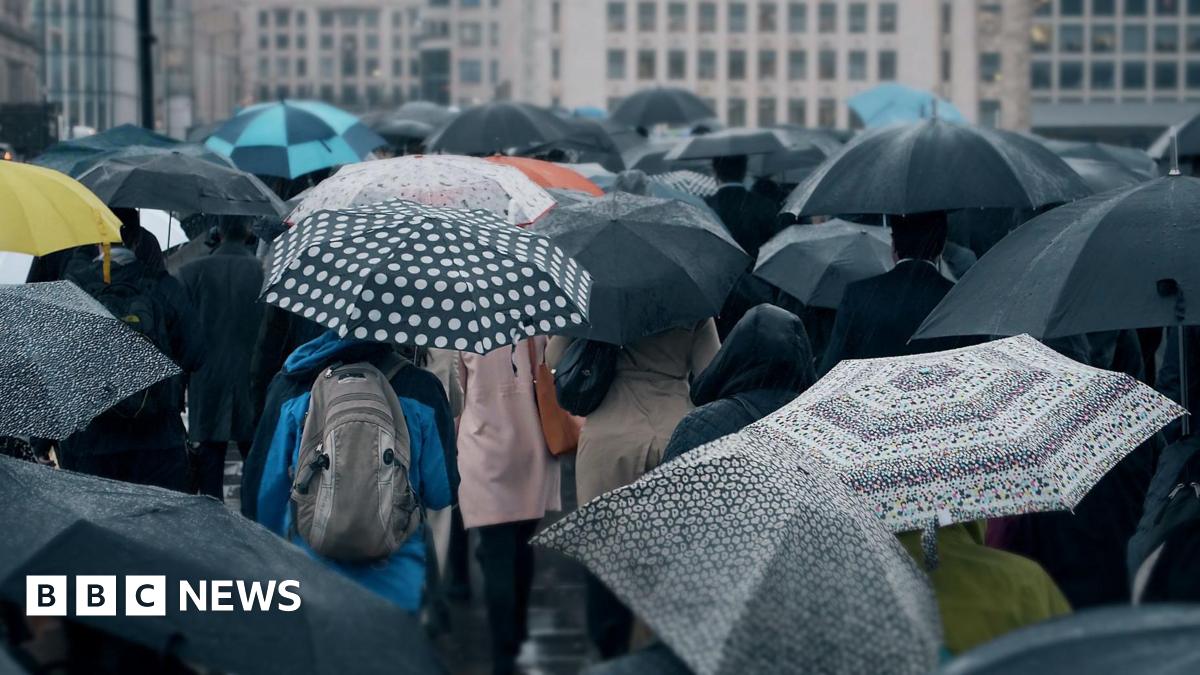Retail sales rose 0.2% in November after a 0.7% fall in October, but the rise in sales at supermarkets was partly offset by a fall in clothing sales, the ONS said.
However, its latest survey period did not cover the official Black Friday date of 29 November.
Economists had predicted government borrowing to be around £13bn for November, meaning the actual figure was lower than expected.
It means the total amount the government has borrowed since the start of the current financial year stands at £113.2bn, which is roughly unchanged compared with the same point in 2023/24.
Ruth Gregory, deputy chief UK economist at Capital Economics, said borrowing “undershooting” expectations meant “Christmas has come early” for Chancellor Rachel Reeves.
But she added while the Chancellor would be encouraged by the latest figures, weakening in the UK economy meant there was a growing chance of further tax hikes or spending cuts.
Dennis Tatarkov, senior economist at KPMG UK, added the government had some “temporary respite” due to lower interest repayments, but warned the trend was “unlikely to last as actual and projected inflation has moved up in recent months”.

